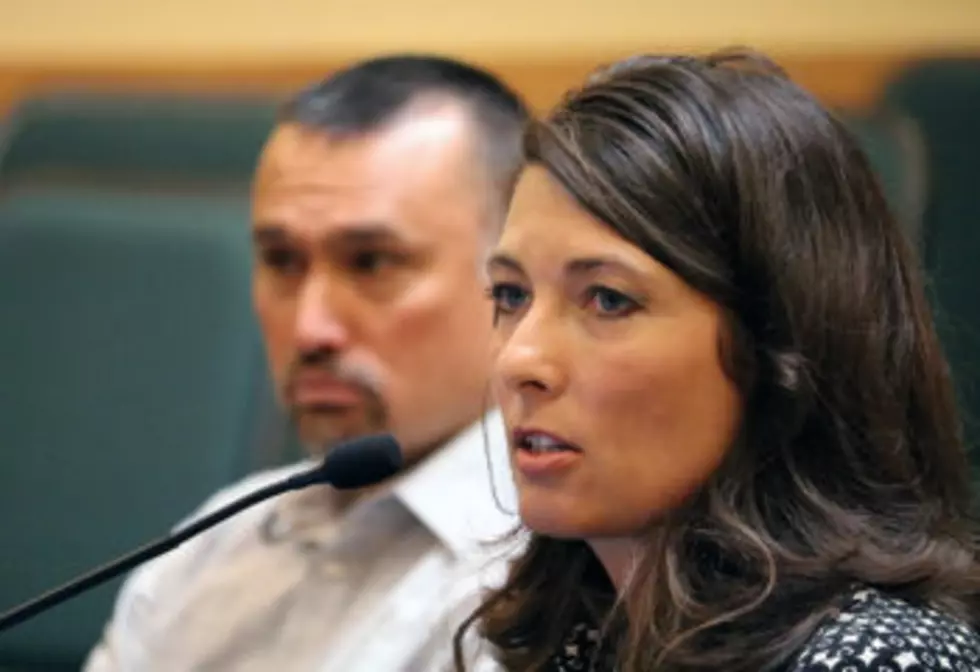
KECI owner Sinclair granted day in court over city’s acquisition of Mountain Water
The city of Missoula and a local television station will argue in District Court whether certain legal documents stemming from the acquisition of Mountain Water Co. are public information, and if they are, who will be responsible for the cost of redactions.
Missoula District Judge Robert “Dusty” Deschamps last week lifted a stay placed by another court, effectively setting the issue up for a hearing. He ordered both parties to file a schedule with the court within 30 days, or by Dec. 5.
In August 2018, Sinclair Television, the parent company of KECI, filed suit against the city, claiming it had violated the station’s right to know by withholding documents related to the acquisition of Mountain Water.
The request was made in June and denied by the city in July. KECI sued in August and is represented by Missoula attorney Quentin Rhoades.
“We filed that lawsuit to gain more access to correspondence and invoices for what's being charged to the city in the Mountain Water case,” Rhoades told the Missoula Current on Monday. “What Judge Deschamps decided to do is lift the stay and allow our case to go forward on the right to know issues.”
KECI is seeking invoices representing roughly $9.2 million in legal fees related to the case, which played out over several years starting in 2015.
City leaders never said they were concealing the legal costs surrounding the acquisition, and they regularly provided weekly updates on those running cost, primarily during City Council meetings.
But Rhoades believes the public has a right to see the details behind the figures and exactly what the money paid for. He also believes the public should be able to review correspondence between the city and its legal team at Boone Karlberg and Perkins Coie.
The city has denied past requests to access the documents from the case, including invoices, billing statements, agreements and correspondence. It contends that such information is protected by attorney-client privilege and attorney work product.
The city has given the same answer to all local media, though Sinclair sought to test it in court. With Deschamps order, it will now have an opportunity. The court will also decide who pays for the costly redactions if the documents are ordered released.
The city has said it would cost tens of thousands of dollars to complete such work.
“Our argument is that the city can't charge the news media for those redactions,” said Rhoades. “The city is going to have to pay for it because the public has a fundamental right to know what the government is doing, and if there's some kind of interest that needs to protected, the government has to pay for that protection.”
Rhoades also took up the issue on behalf of City Council member Jesse Ramos last year, suggesting the city had prevented Ramos from reviewing attorney fees and billing statements paid to Boone Karlberg and Perkins Coie.
The city invited Ramos to review the documents if he signed a non-disclosure agreement, which he didn't do.
“Those are two major issues,” Rhoades said. “One, is this information public information so the news media has a right to see it. If they do have a right to see it, does the city have a right to charge them for the effort made in redacting the documentation?”
The city was closed Monday for the Veterans Day holiday, though last year it defended its position on the issue, saying the case was still in litigation. Releasing the documents would reveal strategy, it said, but added, “anyone can look at the claims and see how much we paid Boone Karlberg or Perkins Coie.”
